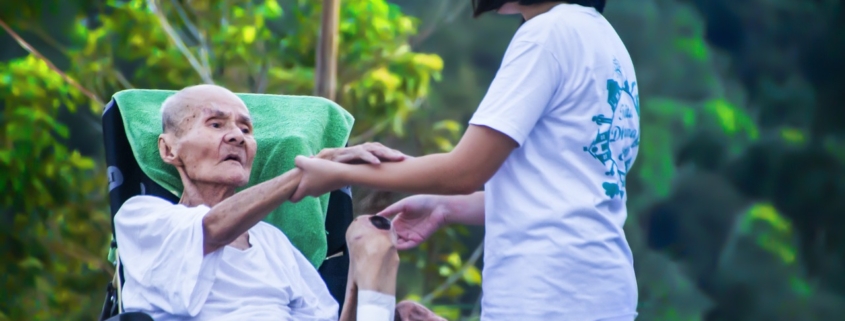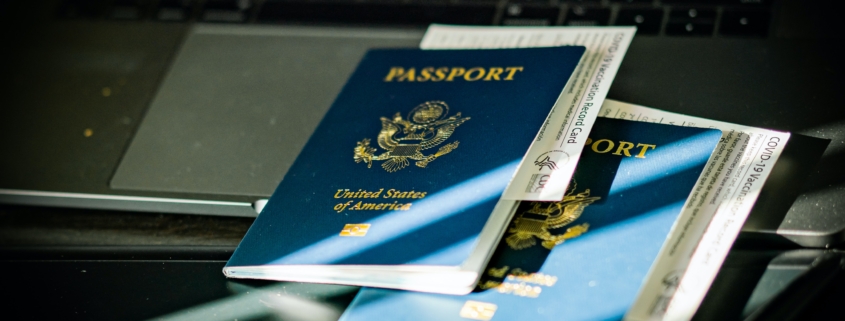Embarking on an overseas career is a significant milestone. With the right preparation and knowledge of the best job destinations for OFWs, Overseas Filipino Workers (OFWs) can choose paths that lead to rewarding and enriching careers outside their homeland. This enhanced guide delves deeper into the best job destinations for OFWs by continent, highlighting top professions and the best benefits, along with valuable country-specific information and relevant links to official websites for OFWs
Asia

Singapore: Firstly, as a dynamic hub for finance, technology, and engineering, Singapore offers competitive salaries and a high standard of living. Moreover, its strategic location is perfect for exploring Southeast Asia. The city-state is renowned for its efficient public transport system, clean streets, and strict law enforcement, making it one of the safest places to live and work. Additionally, OFWs integrate more easily because English is widely spoken. For information on working in Singapore, including visa requirements and job openings, it’s advisable to check the official Ministry of Manpower website.
Japan: Japan is in urgent need of skilled labor in fields such as engineering, IT, healthcare, and education. It offers a unique blend of traditional and modern culture, underscored by a deep respect for the work ethic. Furthermore, Japan’s healthcare and pension systems are among the best, providing a significant sense of security for expatriates. Although learning Japanese can be essential, cultural immersion and improved job prospects reward the effort. For opportunities and guidelines on working in Japan, be sure to visit the Japan External Trade Organization (JETRO) website.
United Arab Emirates: Lastly, The United Arab Emirates stands out as the construction, hospitality, healthcare, and aviation sectors are experiencing rapid growth, offering tax-free salaries. The UAE offers a luxurious lifestyle and hosts a large expatriate community, Significantly, accommodation, healthcare, and education benefits for employees’ families are often included in job packages, making it an exceptionally attractive destination for OFWs. The official government portal of the UAE provides comprehensive information on living and working in the UAE, ensuring a smooth transition for those looking to move.
Europe

Germany: To begin with, engineers, IT professionals, and healthcare workers are in high demand in Germany, a country known for its robust economy, excellent social security benefits, and high quality of life. Additionally, Germany prides itself on offering free education, including university studies, and boasts a robust public health system. Moreover, while learning German is essential for integration and career advancement, the investment in language skills is highly rewarding. For professionals looking to work in Germany, the Make it in Germany portal emerges as an invaluable resource.
United Kingdom: Conversely, in the United Kingdom, the healthcare, engineering, and IT sectors are always in demand, contributing to the UK’s appeal as an attractive destination. Its diverse culture and comprehensive NHS healthcare system further enhance its allure. Furthermore, the UK offers abundant opportunities for professional growth and maintains a commendable work-life balance. Notably, the country is revered for its historical landmarks, cultural diversity, and educational opportunities, significantly enriching the living experience for OFWs. For those seeking information on visas, job searches, and living in the UK, the UK government’s official website stands as the optimal source.
North America

Canada: This country actively seeks skilled workers across various sectors, including healthcare, IT, and skilled trades. Its immigrant-friendly policies enhance its reputation. Canada offers a high quality of life, a multicultural environment, and a strong emphasis on civil liberties and equality. It also provides access to universal healthcare and a range of social services, making it a great place for families. The Government of Canada’s immigration and citizenship page offers detailed information on moving to Canada for work.
United States: A land of vast opportunities, the US is particularly welcoming to nurses, IT professionals, and engineers. It offers a dynamic lifestyle and diverse cultural experiences. The US is characterized by its competitive salary packages, advanced technology and infrastructure, and opportunities for career progression. However, it’s essential for OFWs to navigate the healthcare system and understand their employment rights. The U.S. Department of State website provides visa information, while the U.S. Citizenship and Immigration Services (USCIS) offers guidance on working in the U.S.
Oceania
Australia: Demand is high for healthcare professionals, engineers, and IT specialists. Known for its laid-back culture, competitive salaries, and high standard of living, Australia also offers incredible natural beauty and wildlife, vibrant cities, and a robust healthcare system. It’s a great place for those seeking a balance between work and leisure, with ample opportunities for outdoor activities. or detailed information on working and living in Australia, the Department of Home Affairs website is a comprehensive resource.
New Zealand: Skilled workers in agriculture, IT, and healthcare will find opportunities here. New Zealand offers a work-life balance, stunning landscapes, and friendly communities that draw worldwide praise. The country provides a supportive environment for immigrants, including health benefits and educational opportunities, making it ideal for families. Its commitment to environmental preservation and outdoor lifestyle is perfect for nature lovers. The New Zealand Now website, run by Immigration New Zealand, is a great starting point for potential migrants.
Middle East

Qatar: The economy is booming, with construction, hospitality, IT, and sports sectors leading the way. Qatar offers tax-free incomes, substantial expatriate communities, and is preparing for major international events. The country is investing heavily in infrastructure and public services, providing a high standard of living and various cultural experiences. The Qatar Government Portal offers insights into life and work in Qatar.
Saudi Arabia: A leading destination for healthcare workers, engineers, and IT professionals, offering tax-free salaries and high savings potential. Saudi Arabia is undergoing significant social and economic reforms, aimed at diversifying the economy and improving the quality of life. The kingdom offers unique cultural experiences and has been easing its regulations, making it a more open and welcoming place for expatriates. For working in Saudi Arabia, the Saudi Arabian Cultural Mission (SACM) provides useful information.
Choosing an overseas career path requires careful consideration of both professional opportunities and the quality of life in potential destinations. By selecting a country that aligns with their career aspirations and personal values, OFWs can achieve a prosperous and fulfilling career abroad in the best job destinations for OFWs. With the right approach and preparation, the journey overseas to these best job destinations for OFWs can be a rewarding venture.























